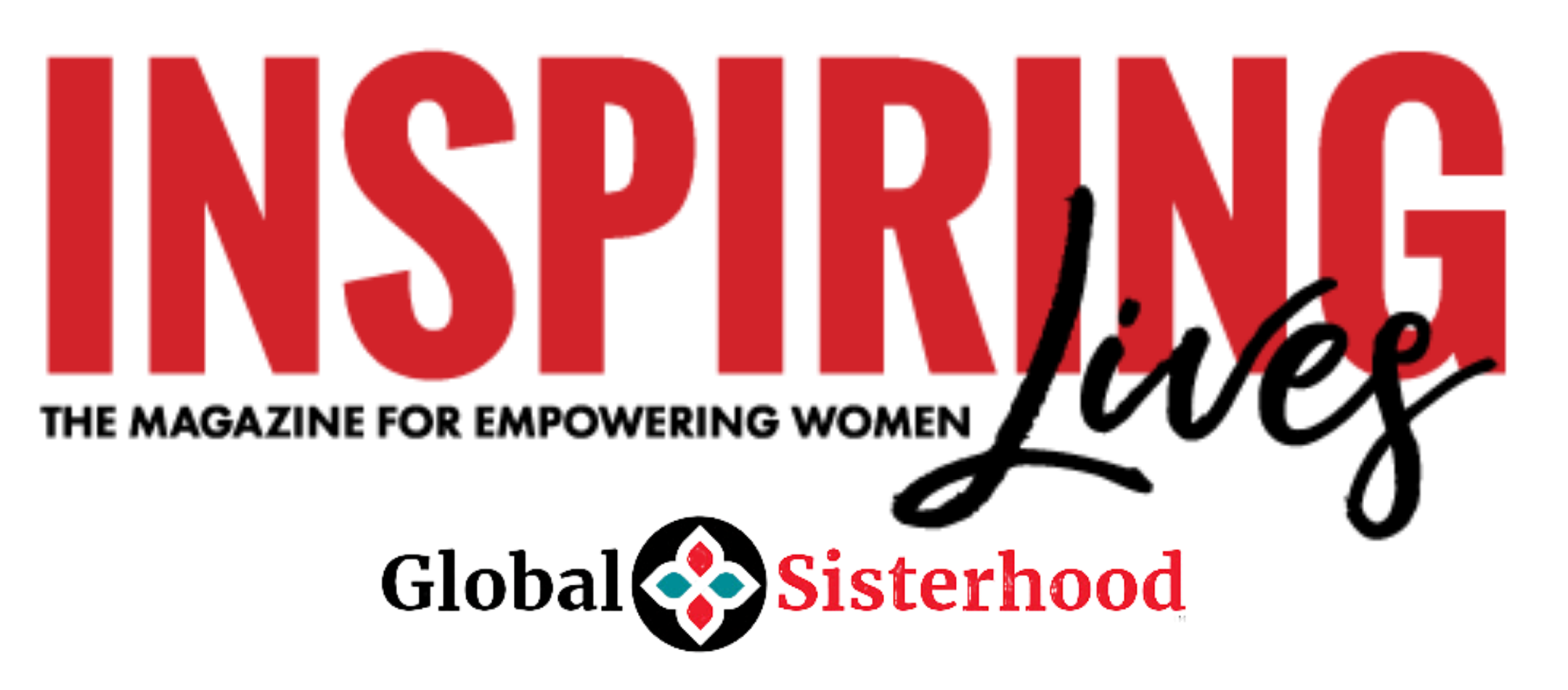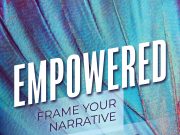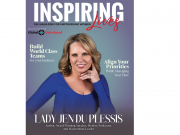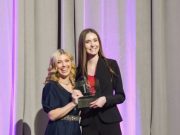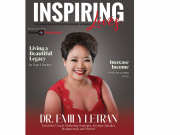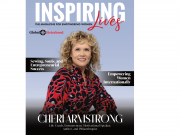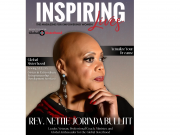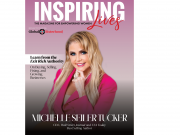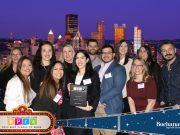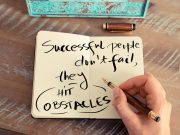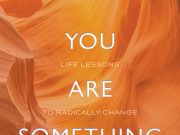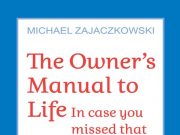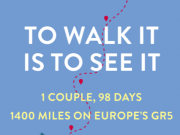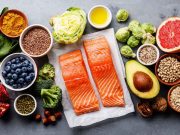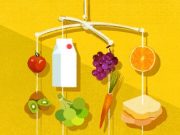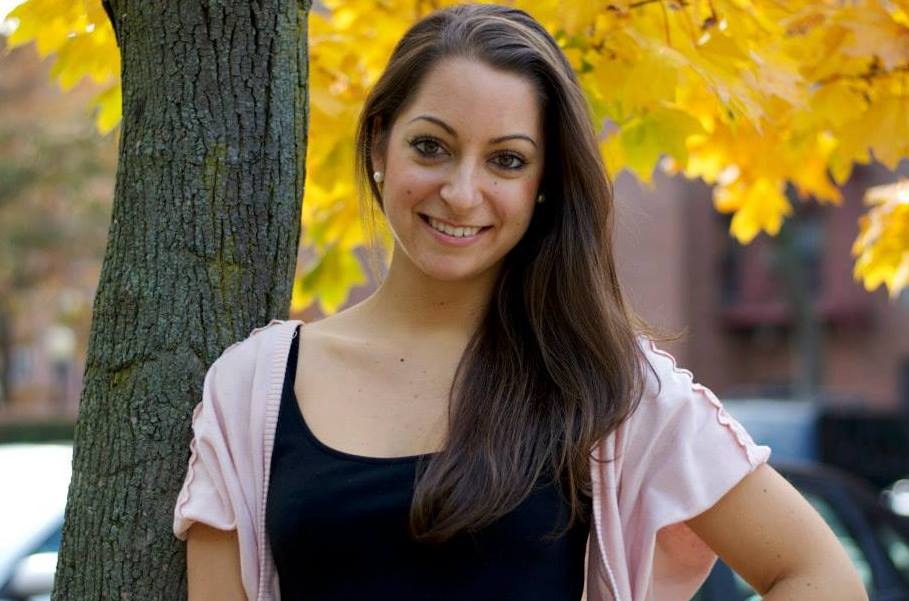By Christina Tarantola
Have you ever come home from work famished and cleared out the junk food drawer? Perhaps, like me, you’ve opened a box of Oreos and started thinking about the laundry list of things you have to do and suddenly discovered an entire sleeve is empty!
Over the past several decades, food addiction has been studied, and research shows that food, particularly sugar, can have the same effect on your brain as drug addiction. On a brain scan, sugar activates the reward center of the brain, also known as the dopamine pathway. Yes, there is a neurochemical basis for our behaviors!
Aside from the neurochemical basis for food addiction, we all eat for a variety of reasons, and food can represent different things to each of us. Food can bring comfort or safety, quell anxiety, and give us a sense of connection. However, when we use food to numb uncomfortable feelings, we find ourselves sliding down the slippery slope of addiction.
I know this story all too well. From the ages of 14 to 25, I restricted and binged to tranquilize my feelings. Food was constant and predictable to me; it was like an old, familiar friend who always gave me a hug at the end of a long day. I used food to punish myself when I felt guilty and reward myself when I felt sad. The vicious, unhealthy cycle continued for years as I hid in denial, shame, and victimhood.
It wasn’t until I discovered several shifts in mindset that I transformed my relationship with food. Here are the insights that helped me tackle emotional eating.
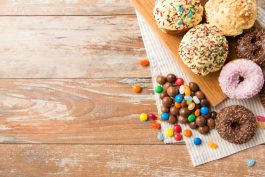
1. Take care of your emotional diet. If you do not know how to cope with the spectrum of emotions, you suffer. When you judge your emotions, your energy and self-esteem takes a hit. Your indicator of judgment will be when you use the word “should,” which is always based in expectation.
Many clients I work with use food to quell anxiety and uncertainty because those feelings can be so overwhelming. Anxiety is a sign of not trusting the unfolding of your life and living in the future. Take small steps like prayer and meditation to center yourself and stay grounded in the present. Uncertainty is a part of life, and we can change our fear-based perspective to be excited about the unknown and take life a day at a time.
2. Don’t do it alone. Have you ever had a flat tire and called AAA or a family member to help? You did it because you were stuck and may not have known how to change a tire. Most of us weren’t taught how to process through our feelings, and it’s okay to ask for help.
Working through resentment, guilt, shame, and fear can be challenging when we are trying to process them alone. Healing is a journey and requires patience, compassion and support. Whether you seek an Overeater’s Anonymous group, a therapist who focuses on food addiction, or another professional support, the road will be much easier if you have help.
3. Challenge your beliefs. Listen to how you speak about yourself in your own mind and when speaking to others. This is a compass to gauge your beliefs about yourself. The ego mind loves to tell us we aren’t good enough, which couldn’t be further from the truth!
When you change your language to make it less polarized or black and white, you start to change the way you see yourself. Your signal will be words like “always,” “never,” or other absolutes. For example, “I never lose weight. I am always on diets and they fail,” versus, “I am in the process of taking good care of my body every day.”
4. See the blessing in what you are seeking through food. We use food for positive reasons, even though we may not feel positive after a binge. Most of us use food to seek a feeling, like comfort or safety. Food addiction is a symptom of something deeper that is calling for your attention. When we take time to listen to what we are really craving, the addiction lessens its grip.
Are you looking for more meaning in your work? Are you in a toxic relationship that you need to break free of? Are you punishing yourself for something you feel guilty for? Compassionately take an inventory of other areas of your life to see why you may be using food and get support around making those changes.
Overall, my eating disorder taught me many things—to be more compassionate with myself and love myself more not less. It taught me to take my power back and heal my relationships. Food addiction can be a doorway for healing what we are really craving.
Whatever your story is, trust that challenges present themselves when we are meant to wake up out of the trance that we are nothing short of magnificent.
